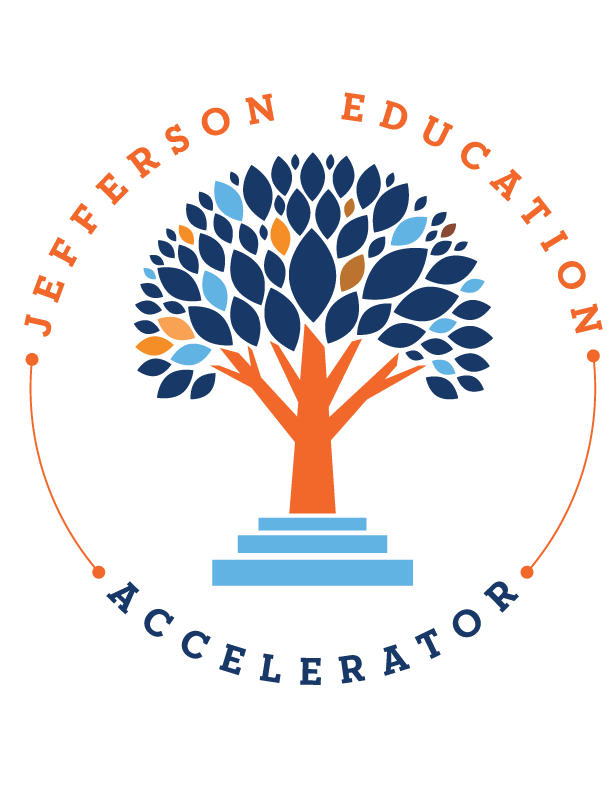Evidentally Rejoins Empirical Education

On 10/31/18, we formed Evidentally from a set of projects that Empirical Education called Evidence as a Service (EaaS). The idea was to build a set of products that would automate much of the labor-intensive portions of the research process, e.g., statistical analysis, data cleaning, and similar efforts. Building on the education technology (edtech) efficiencies, particularly the collection of edtech usage data, would make it possible for non-researchers such as school administrators to conduct efficacy research.
By lowering the cost of research and introducing an ease into the research process, we are able to increase the number of valid studies that could be combined in a meta-analysis for generalizable results. The notion was that, as a product company, Evidentally could attempt to get investments unavailable to services companies such as Empirical Education. Unfortunately, for several reasons, Evidentally was unable to get that investment.
The intellectual property and projects of Evidentally have been returned to Empirical Education as of 12/7/22, and Evidentally (as its own entity) was dissolved. While the team is still committed to building the Evidence as a Service suite of tools, it will be conducted as a project of Empirical Education, under the branding of the Evidentally Evidence Suite. The Evidentally product is just one piece of Empirical Education’s education evidence offerings, when an education application or curriculum needs evidence of efficacy meeting any of the Every Students Succeeds Act (ESSA) Tiers of evidence.


